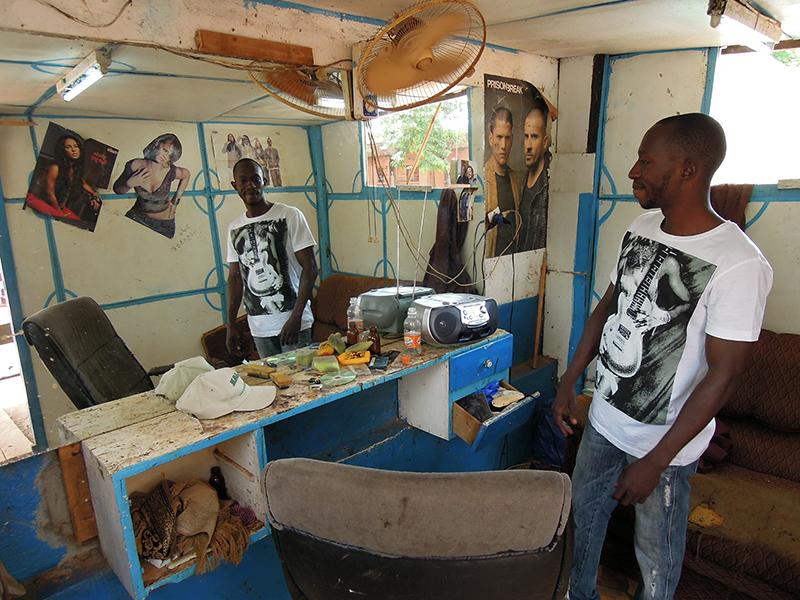An Africanist's Query
|
The Conclusion locates the book’s study of Bamako’s musical art world within a broader set of debates and discussions about continental and diasporic identities and social movements in African Studies. It positions the concept of “Afropolitanism” in critical relation to the universalism and essentialism of narrowly defined cosmopolitan and African worldviews to embraces a dynamic understanding of the Afropolitan, as rooted in multiple moralities as it is routed through ambiguous ethics. In this way, the Conclusion encourages the comparative study of Afropolitan music cultures and the ethics they resound.
|
KEY TERMS
WHO'S WHO
QUESTIONS FOR DISCUSSION
FURTHER READING & DISCUSSION
|
